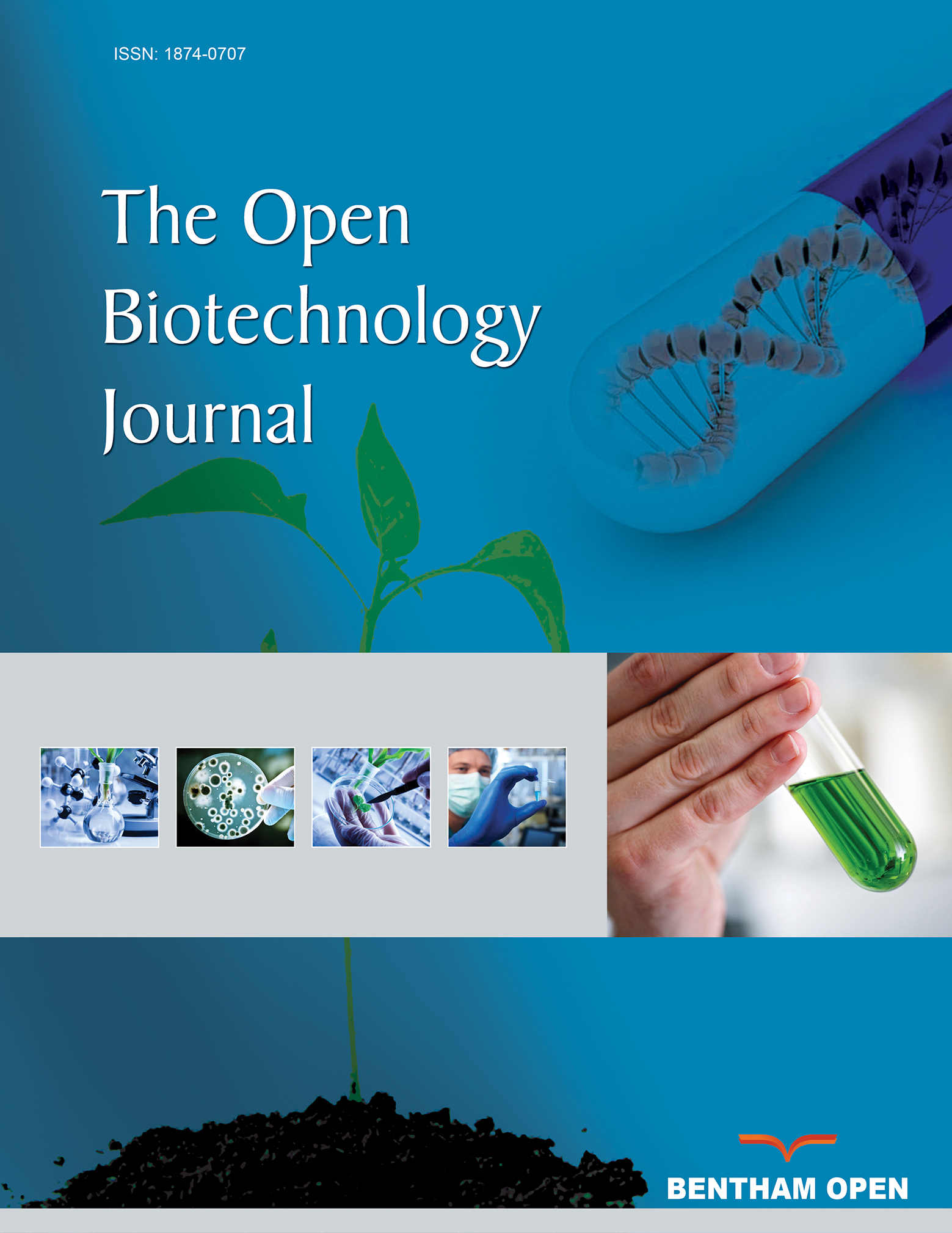All published articles of this journal are available on ScienceDirect.
Evaluation of EPS Application in Microbial Consortia Growing in Aqueous Co-Contaminated Systems: The Trend to Natural Attenuation
Abstract
The needing of a bacterial extracellular polymeric substance (EPS) application in bioremediation of an aqueous system containing glucose and/or gasoline and/or heavy metals (Cd2+, Zn2+ and Cu2+) by two different microbial consortia was studied. At the low concentrations (1.00 ppm of each metal), it was observed an inhibitory effect on the metabolism of the “consortium 1”, as well as the application of EPS has improved the cellular growing in media containing glucose and/or gasoline as carbon sources, indicating that using this substance decreases the negative effect caused by the presence of heavy metals. In the other hand, the application of small concentrations of EPS was evaluated, and results show that a little increase in this substance concentration leads to an improvement of 39 % in cellular growing of the “consortium 2”, indicating the potential use of the EPS in a system with gasoline and metals. Once many microorganisms can produce this kind of substance during cultivation, our results show that a system with low concentrations of hydrocarbons and metals could be susceptible to natural attenuation, without human intervention in the environment, especially if the process is conducted in a larger period of time.


